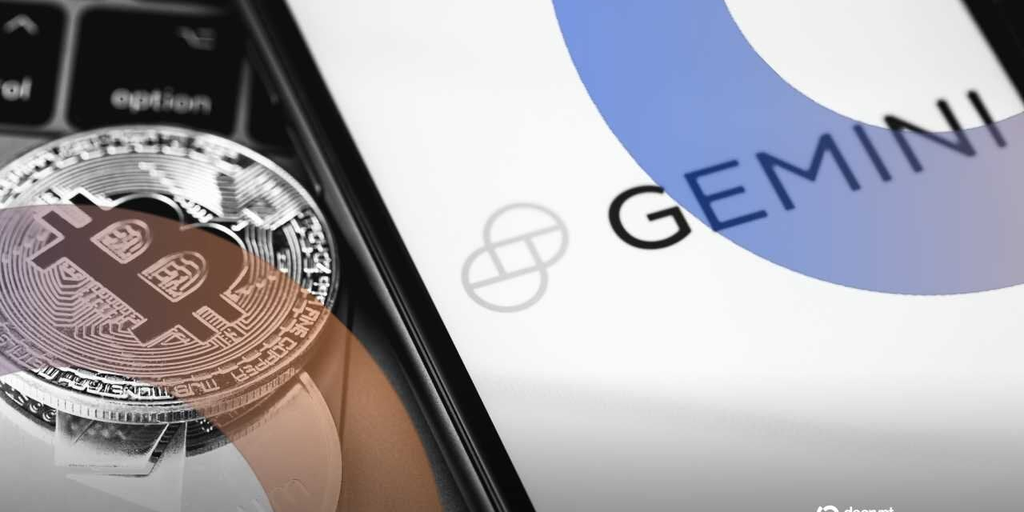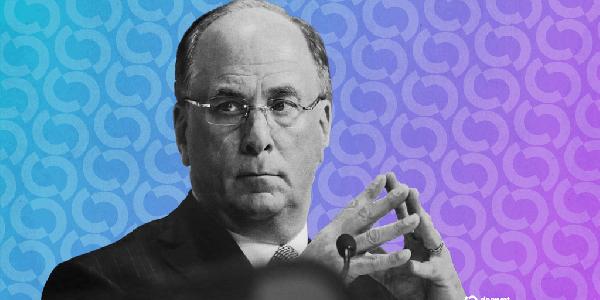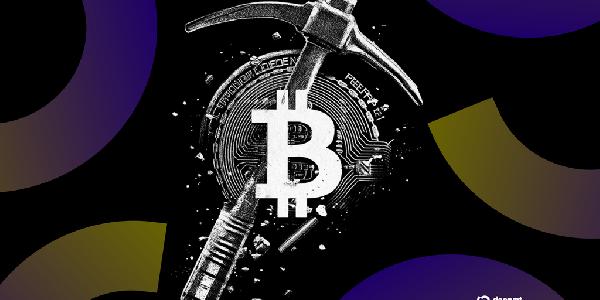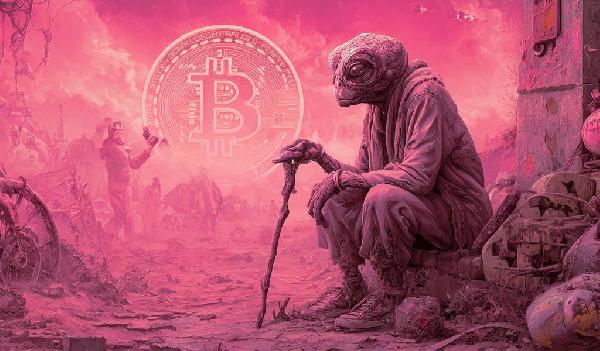Gemini, the U.S.-based cryptocurrency exchange founded by Tyler and Cameron Winklevoss, has priced its initial public offering at $28 per share, beating expectations ahead of the start of trading Friday.
Launching on the Nasdaq Global Select Market under the ticker symbol “GEMI,” the deal marks one of the most closely watched debuts in the crypto sector this year, with strong investor demand pushing the IPO well above its original $17 to $19 price per stock range.
The company and its selling stockholders also granted underwriters a 30-day option to purchase up to an additional 758,929 shares to cover over-allotments, though Gemini itself will not receive proceeds from those secondary sales. The offering is expected to close on September 15, subject to customary conditions.
Gemini‘s looming IPO
The exchange, founded in 2014, has long been a high-profile player in digital assets. Its twin co-founders first rose to fame through their legal battle with Mark Zuckerberg over the origins of Facebook, later becoming early Bitcoin evangelists. More recently, they became outspoken backers of Donald Trump in his successful 2024 U.S. presidential campaign.
Gemini remains heavily reliant on trading fees, which made up nearly 70 of its $142.2 million in revenue last year. Despite growth in users, losses have ballooned: a net loss of $158.5 million in 2024, and $282.5 million already in the first half of 2025.
In its IPO filing, the company projected confidence, citing its “focus on innovation and a long history of firsts in the crypto industry” as reason to believe it will expand its base.
That optimism is tempered by deepening political and regulatory drama. Brian Quintenz, Trump’s nominee to lead the Commodity Futures Trading Commission (CFTC), this week published screenshots of private Signal conversations with the Winklevoss twins.
The regulator sued the company in 2022 for misleading statements tied to its Bitcoin futures products, a case Gemini settled this January for $5 million without admitting wrongdoing.
In the messages, the brothers appeared to question Quintenz‘s loyalty to their complaints against the regulator, while referencing potential appeals to the president himself.
The White House later withdrew a planned Senate vote on Quintenz’s nomination.
Your Email









